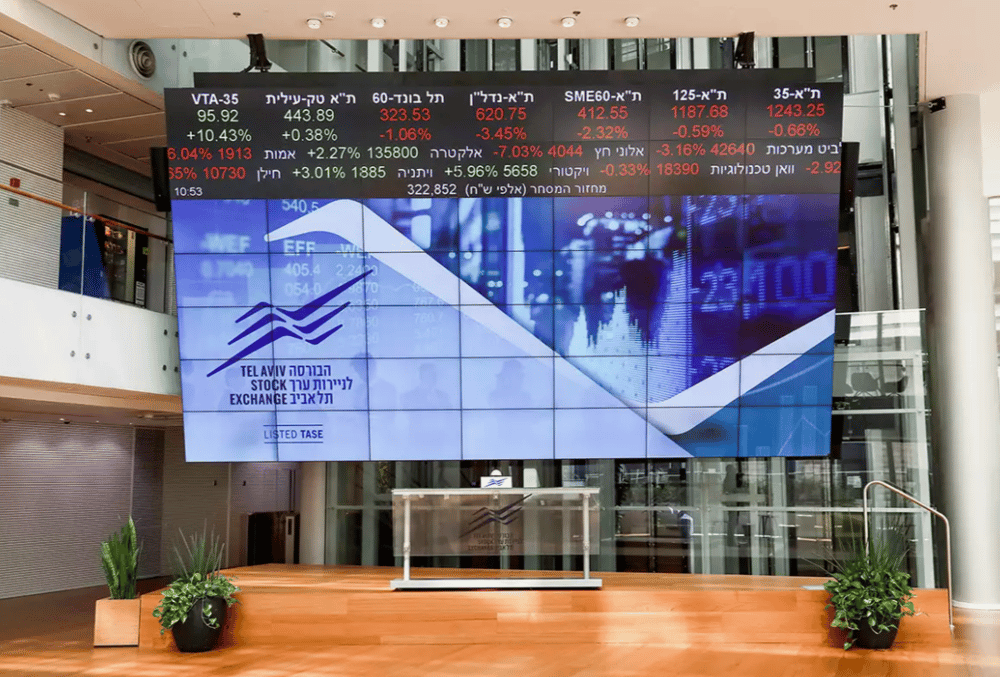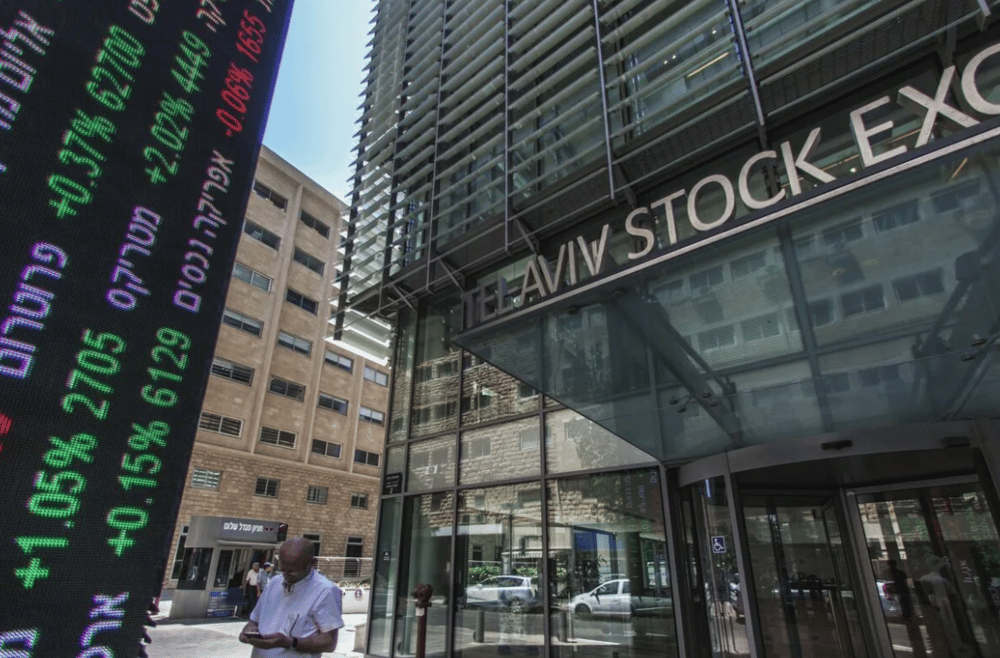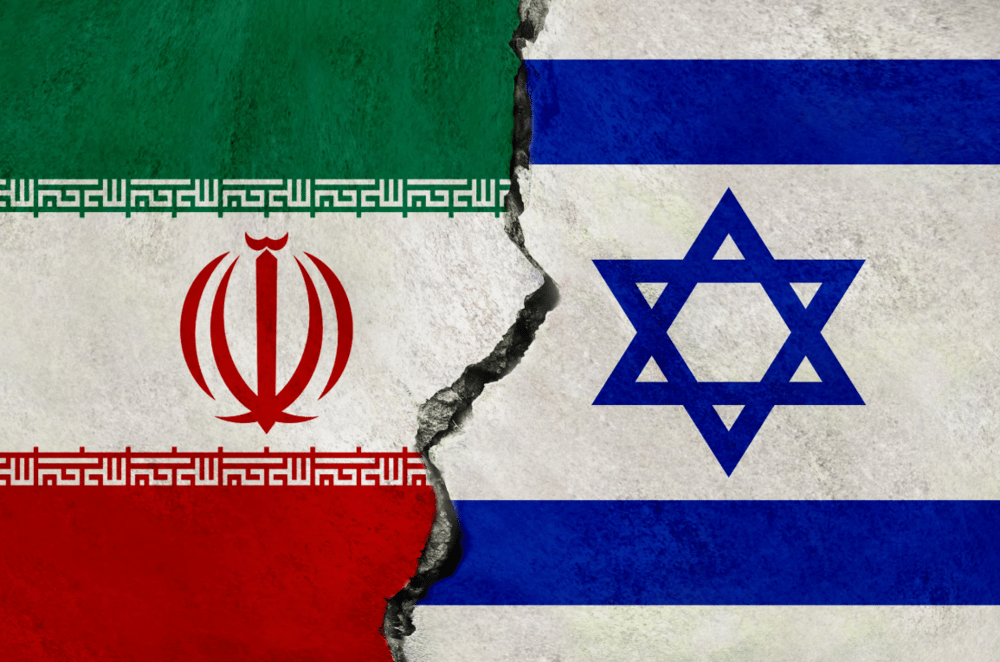Tel Aviv Stock Exchange Tumbles as Geopolitical Tensions Escalate Between Israel and Iran
The Tel Aviv Stock Exchange (TASE) experienced a sharp sell-off on Thursday, June 12, as escalating geopolitical tension between Israel and Iran spurred a wave of risk aversion. Market participants moved swiftly to lock in profits amid growing concerns over the possibility of direct military confrontation in the region.
Media reports suggesting that Israel is fully prepared to initiate operations against Iranian targets, coupled with the U.S. withdrawal of non-essential embassy personnel from Iraq, intensified the uncertainty. These developments came shortly after U.S. President Donald Trump reiterated that Washington would not allow Iran to acquire nuclear weapons, adding that the Middle East is becoming increasingly unstable for American interests.
Strategic Risks and Economic Fallout
Markets often react strongly to geopolitical risk in the Middle East, and this case is no exception. The Israeli market downturn follows a familiar pattern where regional security threats trigger defensive positioning and portfolio rebalancing.
Investors interpreted both Israel's potential military readiness and the U.S. diplomatic pullback as signals of worsening security conditions, prompting capital outflows from risk assets. Heightened volatility in equities was accompanied by increased demand for safe-haven assets such as the USD and government bonds.
Domestic sectors closely tied to consumer sentiment, tourism, and financial services saw the sharpest declines. Meanwhile, defense and cybersecurity stocks showed relative resilience, reflecting investor interest in sectors perceived to benefit from security escalations.

Key Facts
📉 TASE Index dropped sharply on June 12 amid rising geopolitical risk.
⚠️ Israel reportedly ready for military action in Iran.
🇺🇸 U.S. evacuated embassy staff from Iraq in response to rising threat levels.
🧨 President Trump warned against Iran acquiring nuclear weapons.
💵 USD and safe-haven assets strengthened, while emerging market equities declined.
Market Reaction and Commentary: Capital Flight and Sector Rotation
Market participants reacted quickly to the mounting uncertainty. The benchmark TA-35 Index fell significantly, dragging down major components of Israel’s equity landscape. Foreign institutional investors were particularly active in rebalancing their exposure, while local investors sought safety in short-duration bonds and cash equivalents.
Analysts noted that while the geopolitical situation remains fluid, further deterioration could lead to prolonged volatility across regional exchanges and impact capital inflows into the Israeli shekel (ILS) and equity markets.
Economists also pointed to the potential spillover effects on global risk sentiment, particularly if tensions disrupt energy supply chains or result in military engagement involving U.S. forces.

Key Points
TA-35 saw its steepest one-day drop in recent months, reflecting immediate investor response.
U.S. embassy staff withdrawal signals seriousness of threat assessment by Washington.
Flight to safety drove up demand for USD and Treasuries.
Sectors exposed to tourism and retail bore the brunt of the sell-off.
Defense and cybersecurity stocks were viewed as short-term hedges by investors.
Heightened Uncertainty Undermines Risk Appetite
The Tel Aviv Stock Exchange’s sharp correction highlights the sensitivity of financial markets to geopolitical shocks, particularly in regions marked by historical volatility. While it is too early to determine the full scope of the fallout, risk aversion is likely to persist in the short term.
The situation underscores the interconnection between geopolitical decisions and market stability. As Israel and Iran remain at the center of international concern, financial markets will continue to react swiftly to any signals suggesting escalation or de-escalation. The focus now turns to diplomatic channels and global response mechanisms aimed at preventing broader destabilization in the region.















Comments
A strategic move like this highlights the accelerating shift toward AI-driven operational efficiency